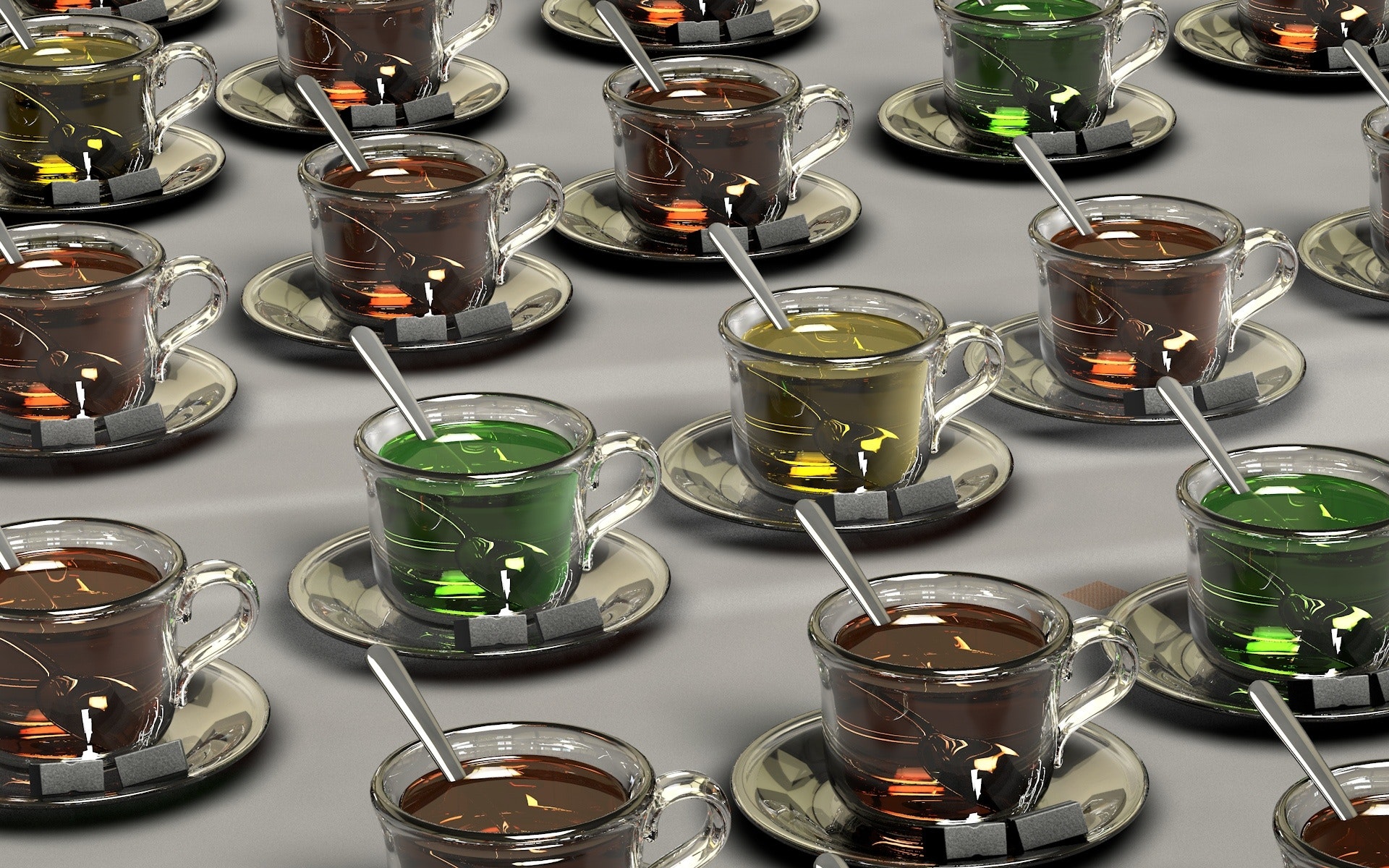
Weight gain in many people is a vicious cycle. The more fat you have, the more resistant your body is to the effects of insulin, and as your insulin resistance increases your body has to produce more insulin every time you eat to keep the blood sugar under control. But what some people don’t realize is that insulin has another effect besides getting blood sugar under control. Insulin blocks your body from getting rid of fat when you go on a diet
This means that the only way some people are going to be successful at losing weight is to decrease their insulin levels. The easiest way to do that is to exercise and cut out carbohydrates. This is very important, but there is something else that was just discovered which may be able to help the process a bit more. And I bet it’s going to surprise you.
Researchers were studying a marker in the blood called C-peptide. C-peptide is formed in the body in direct proportion to how much insulin the body makes. The higher the C-peptide, the more insulin the body is making. So the researchers measured the C-peptide levels in a group of 2,112 healthy women from the Nurses’ Health Study. Some of them were obese. Some were thin. And some were in between. Then the researchers compared the amount of C-peptide present in the body and compared it to the amount of coffee and/or caffeine each woman was taking. What they discovered was striking.
In all of the women, the more caffeine they took, the lower their C-peptide levels were. For those who drank more than four cups of coffee a day, the C-peptide levels were 16% less. Now I know that 16% doesn’t sound like much. But in terms of C-peptide levels, it’s very significant. But as good as this result was, the results were even better with the overweight women.
The decrease in C-peptide was 20% lower in the women who were overweight. And there was a whopping 27% decrease in the obese women. And here’s something interesting. They did not find the same effect from tea, although they did see an effect from decaffeinated coffee. Why?
Although tea has some caffeine, it doesn’t contain much. And decaf coffee really isn’t decaf. It has anywhere from 8.6 to 13.9 mg of caffeine per cup. But it is obvious that there must be something else in coffee other than caffeine that decreases C-peptide levels. The authors summed it up this way, “Our findings suggest a potential reduction of insulin secretion by coffee in women. This reduction may be related to other components in coffee rather than caffeine.”
So if you are a woman having trouble with weight control, you might be stuck in the elevated insulin vicious cycle. You can break that cycle by doing three very simple things.
1) Exercise for 30 minutes every day (walking is a great exercise) .
2) Cut the carbohydrates (fruit, starchy foods, flour, and sweets) from your diet.
3) Take two to four cups of coffee per day. This should be an especially effective remedy for you if you know your insulin levels are over 10.
If you r not going to decrease or eliminate your carbs and exercise, don’t start drinking that much coffee if you aren’t going to cut down on your carbs in a huge way and exercise at least 30 minutes 6 times a week. the effects of the coffee on your body wont be significant enough to overcome all the bad you will be doing by drinking all that coffee daily. But if you are willing to buckle down and get this done, I would be glad to help. Many people use this office as a place to weigh themselves once a week. Then we can celebrate as the weight comes off each week!!
Recent Comments